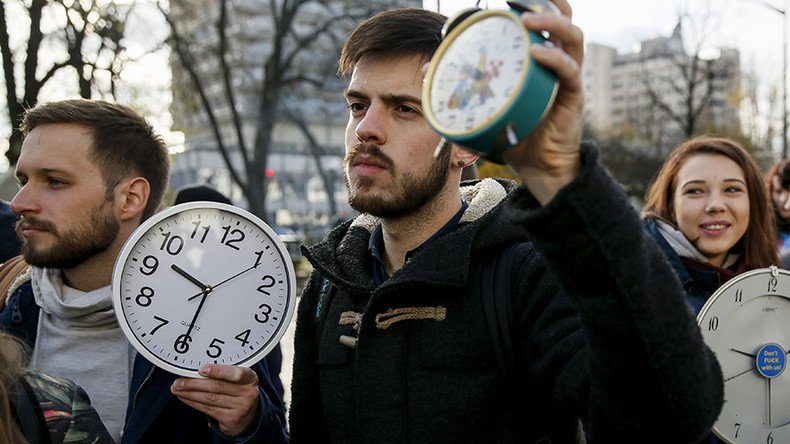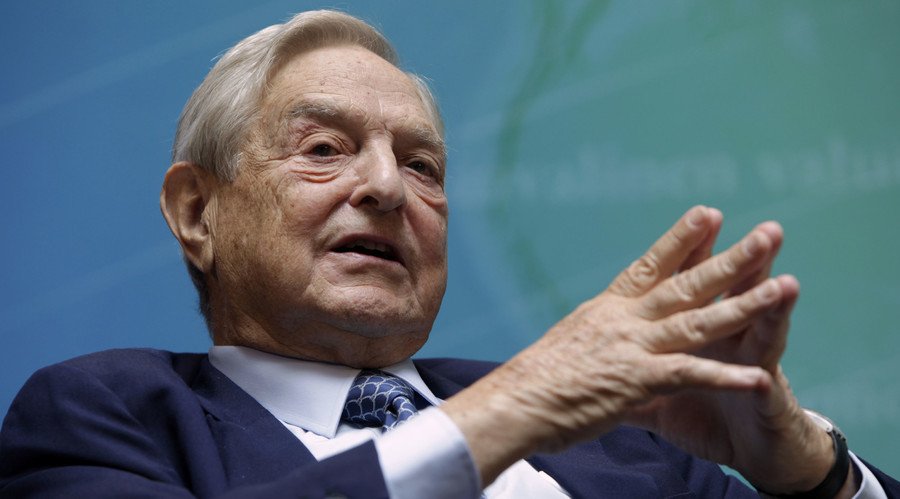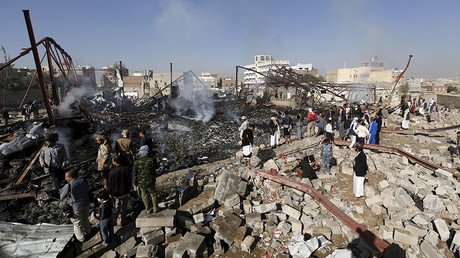What matters most: Human rights or the rights of Western governments?

It seemed unthinkable that after the Iraq tragedy and the ensuing chaos that followed the 2003 US-led war there would ever be any support for another attack on an Arab country.
And yet eight years after the invasion of Iraq, international opinion almost unanimously supported NATO operations in Libya. Conveniently labeled 'no fly zone' at inception, the idea was to wage war against Muammar Gaddafi and force him out of office, like Saddam Hussein before him.
The escalation from simply stopping Libyan planes from flying to bombing raids would not have been acceptable to an ever increasingly skeptical public without the much needed support of the 'human rights' industry.
This prosperous sector operates the easily marketable commodity that is 'humanity’. The idea is that some organizations, based in Western capitals, have a moral imperative to decide what humanity is and how it should be dispensed.
Their 'respectability' should derive from their fairness, objectivity and commitment to justice. That of course is in principle, in reality their objectives are shaped by those who fund them and allow them to operate. In the case of Human Rights Watch, one of the most high profile NGOs today, its connection to the US government was so intimate that notable academics and scholars penned a letter in 2014 criticizing its executive director's close links or 'revolving door' policy with the US State Department.
That relationship is so cozy that while many grassroots activist have denounced the US over police brutality or the disproportionate number of black victims as well as the number of inmates currently held in custody without trial it begs the question of why would a human rights organization which aims to dispense its values to numerous governments across the world appear so blind to the very abuses committed on its own doorstep.
The answer is that HRW, today viewed as one of the two major human rights organizations alongside Amnesty, only looks at the errors committed by countries whose politics the US disapproves of.
HRW favors an interventionist agenda and as a result supports almost all wars waged by the US under the cover of 'humanitarian responsibility,' even when the consequences of these military operations would always lead to increased human suffering.
In the case of the conflict in Syria, HRW's Ken Roth, at the helm of the organization far longer than the average Arab president remains in power, was pushing the now debunked story of Assad forces using chemical weapons against civilians in Ghouta. His public statements through social media contradicted even UN reports carried out on the ground in a bid to pursue what he qualifies as a “responsibility to protect.”
However, that “responsibility” is often carried out through bombing operations.
The approach in the US is that a Western response is always best and that ultimately only “Westerners know best.”
Despite boasting 'divisions' for each region of the world (Africa division/Middle East division etc.) the staff manning these sections are almost all exclusively American with only local researchers appointed to junior or mid-ranking positions. With all the intellectual competence in these various geographies, it should have seemed reasonable to expect senior figures in an organization with an international outlook to have a more international team and yet that is far from the case to this day.
When even its largest donor, multi-billionaire George Soros argues that HRW has “to be more effective and be seen as more international, less an American organization,” something is clearly wrong.

But when Soros donates a staggering $100 million to an outfit with such proven ties to the US government what does he expect in exchange?
In these times of war and climatic instability, feeding the hungry and providing health care to the ill would take priority over offering a huge sum of money to an organization that already operates on a very comfortable budget of around $50 million per year.
George Soros is no ordinary man; he is one of the wealthiest financiers on the planet who has made no secret of where his politics lie. Earlier this month, he wrote in the UK's Guardian that Russia’s President Putin was one of the greatest threats to Europe.
While appearing to be critical of both sides on the Ukraine-Russia tension, HRW continues to portray Russia as a brutal dictatorship that allows no dissent feeding into the now deeply ingrained perception across much of the West that Russia constitutes a major threat to Europe, another one-sided view that is in accordance with US policy and not internationally, where Russia enjoys far greater support outside Europe and North America.
Another interesting appointment was that of Tom Malinowski in 2001. He was Senior Director on the National Security Council at the White House, before becoming Washington Director for Human Rights Watch. Since he left HRW he has returned to a US government position where he now serves as Assistant Secretary in the Bureau for Democracy in the State Department.
Because of its close ties to US officials as well as donors with very clear agendas, HRW has seen its credibility suffer a major blow.
More nuanced organizations such as Amnesty International operate far more effectively due in great part to their astute politics.
Avoiding all the pitfalls, HRW fell into, AI has in recent years been the respectable face of the now discredited human rights industry and yet its support for avoidable wars has been just as serious if not worse.
While present in the early days of the Libyan uprisings, AI teams were able to witness the absence of massacres reported across the Western media.
Keen to 'sell' a necessary war to Western audiences some 'rebels'were courting Western outfits speaking of 10,000 protesters slaughtered in a matter of days later proven to be false.
AI had issued statements with headlines pointing almost exclusively to government forces attacks before stating, some paragraphs below, that “both sides” were committing atrocities.
The attention grabbing headlines were enough to make the casus-belli stronger and analysts and observers, incapable of questioning the motives behind the misleading headlines, would later be unable to challenge such subversive descriptions of the conflict, a conflict that would eventually leave Libya a failed state in the hands of various terrorist groups.
As with most if not all NGOs, AI focuses almost exclusively on violations of human rights committed in third world countries therefore giving the impression that violations are only committed outside the West. While its members continuously campaign for African leaders to be handed over to The Hague to face prosecutions for war crimes, it is yet to make any public pronouncement on the former British prime minister's role in the war in Iraq, despite Britain being a signatory to the International Criminal Court of justice.
It has therefore become a comforting short-cut to denounce government politics while turning to 'human rights' organizations representing a moral compass, albeit in accordance with Western opinion. While some projects are at times commendable, it appears that these operations' close relationships with Western authority points to a sinister agenda that simply sugar-coats the horrors of war. Human rights should be about ensuring people live in dignity and sheltered from unnecessary violence. What the human rights industry has provided is a new narrative: “if you die as a result of a Western bomb” than you've been “responsibly protected.”
The statements, views and opinions expressed in this column are solely those of the author and do not necessarily represent those of RT.















